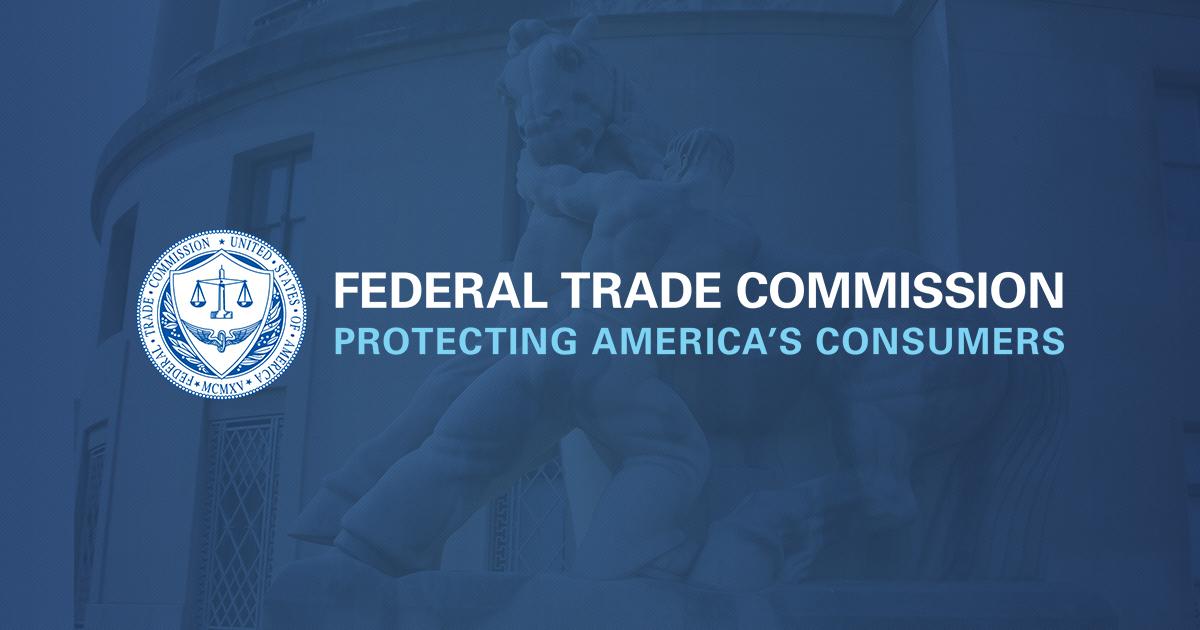The Federal Trade Commission filed a complaint in federal district court charging Shire ViroPharma Inc. (“ViroPharma”) with violating the antitrust laws by abusing government processes to delay generic competition to its branded prescription drug, Vancocin HCl Capsules. The complaint alleges that because of ViroPharma’s actions, consumers and other purchasers paid hundreds of millions of dollars more for their medication.
“I have long advocated that the Commission target abuses of government processes that significantly harm competition and consumers; the Commission’s action today is another example of this ongoing commitment,” said FTC Acting Chairman Maureen K. Ohlhausen. “Generic medications can save consumers millions of dollars. When we have reason to believe that a branded drug company misuses government processes to unlawfully maintain a monopoly by delaying generic entry, the FTC will act to protect competition.”
Vancocin Capsules are used to treat C.difficile-associated diarrhea, or CDAD, a sometimes life-threatening bacterial infection. According to the complaint, Vancocin Capsules are not reasonably interchangeable with any other medications used to treat CDAD, and no other medication constrained ViroPharma’s pricing of Vancocin Capsules. After ViroPharma acquired the rights to Vancocin Capsules in 2004, it raised the price of the drug significantly and continued to do so through 2011.
The FTC alleges that to maintain its monopoly, ViroPharma waged a campaign of serial, repetitive, and unsupported filings with the U.S. Food and Drug Administration and courts to delay the FDA’s approval of generic Vancocin Capsules, and exclude competition. According to the FTC, ViroPharma submitted 43 filings with the FDA and filed three lawsuits against the FDA between 2006 and 2012. The number and frequency of ViroPharma’s petitioning at the FDA are many multiples beyond that by any drug company related to any other drug. ViroPharma knew that it was the FDA’s practice to refrain from approving any generic applications until it resolved any pending relevant citizen petition filings. Viropharma intended for its serial filings to delay the approval of generics, and thus competition and lower prices.
The FTC alleges that ViroPharma started its petitioning campaign after a 2006 FDA recommendation that companies seeking approval for generic equivalents of Vancocin Capsules could establish bioequivalency through test tube dissolution studies rather than by more time-consuming and costly studies involving sick patients, which generally are required only to support new drug applications.
According to the complaint, in filing after filing, ViroPharma failed to provide any clinical data to support its arguments. Even after a panel of 16 independent scientific and medical experts considered ViroPharma’s unsupported arguments and then voted unanimously in favor of the FDA’s guidance for generic Vancocin Capsules, ViroPharma continued to repeat its rejected arguments, the complaint alleges.
According to the complaint, even though the FDA had completed its review of at least one application for generic Vancocin Capsules by July 2010, it did not approve any application for generic Vancocin Capsules until April 2012, the same day that it disposed of all of ViroPharma’s citizen petition filings, labeling ViroPharma’s positions as “unsupported” and “without merit.” The FTC alleges that, absent ViroPharma’s abuse of serial petitioning to exclude competitors, generic entry likely would have occurred by July 2010, or even earlier.
The FTC seeks a court order permanently prohibiting ViroPharma from submitting repetitive and baseless filings with the FDA and the courts, and from similar and related conduct as well as any other necessary equitable relief, including restitution and disgorgement.
The Commission vote to file the complaint was 3-0. Both a public and sealed version were filed in the U.S. District Court for the District of Delaware on February 7, 2017.
NOTE: The Commission files a complaint when it has “reason to believe” that the law has been or is being violated and it appears to the Commission that a proceeding is in the public interest. The court will decide the case.
The Federal Trade Commission works to promote competition, and protect and educate consumers. You can learn more about how competition benefits consumers or file an antitrust complaint. Like the FTC on Facebook, follow us on Twitter, read our blogs and subscribe to press releases for the latest FTC news and resources.

